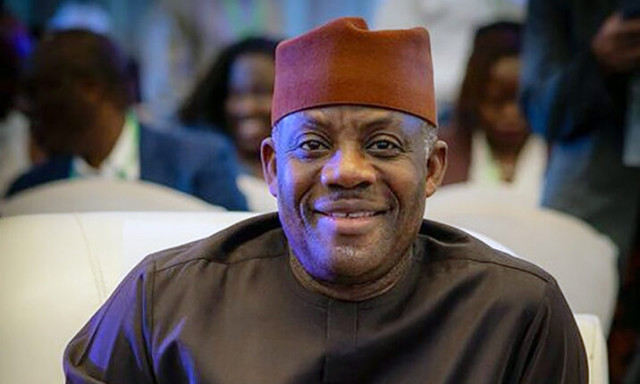In an effort to overhaul the Nigerian education system to align it with those of more advanced countries, the Federal Government has declared the elimination of all Junior Secondary Schools (JSS) and Senior Secondary Schools in the nation to create a brighter future.
To provide a better future for the youth, the government has rolled out a mandatory 12-year uninterrupted basic education framework, after which any Nigerian child can pursue higher education.
As part of this initiative, the Nigerian Government intends to abolish the 6-3-3-4 education system in favor of a 12-4 model. Additionally, it has sought endorsement from the National Council on Education to officially set 16 years as the minimum entry age for tertiary institutions in the country.
The Minister of Education, Dr. Tunji Alausa, made this announcement on Thursday in Abuja during the 2025 extraordinary National Council on Education (NCE) meeting, which serves as the principal policymaking assembly in the education sector.
The occasion was attended by education commissioners from all 36 states and the Federal Capital Territory (FCT), as well as officials from various ministries and development partners.
According to the Minister, incorporating secondary education into basic education will afford students uninterrupted learning until the age of 16. Alausa noted that the new policy aligns with global best practices.
He emphasized that this reform will help minimize dropout rates by removing both financial and systemic obstacles that currently hinder students from finishing secondary education.
“Lengthening basic education to 12 years will establish a standardized curriculum that is consistently applied nationwide,” Alausa stated.
“This will also enable early exposure to vocational and entrepreneurial skills, equipping students for higher education and employment opportunities.”
“Numerous developed countries have embraced similar systems where basic education lasts for 12 years, ensuring that students gain fundamental knowledge before specializing at the tertiary level. This reform also aligns Nigeria’s education framework with international benchmarks, promoting enhanced educational outcomes and global competitiveness.”
He pointed out that this initiative will lead to both economic and social benefits, emphasizing that “Educated youth significantly contribute to national advancement. When students are provided with an extended compulsory education period, they are more prepared to enter the workforce with the necessary skills. This reform will also help curtail child labor and other societal issues stemming from early school dropouts.”
He outlined the strategies needed for the successful integration of secondary education into basic education, which include policy reforms, infrastructure growth, teacher training and hiring, funding and partnerships, as well as curriculum improvement.




















